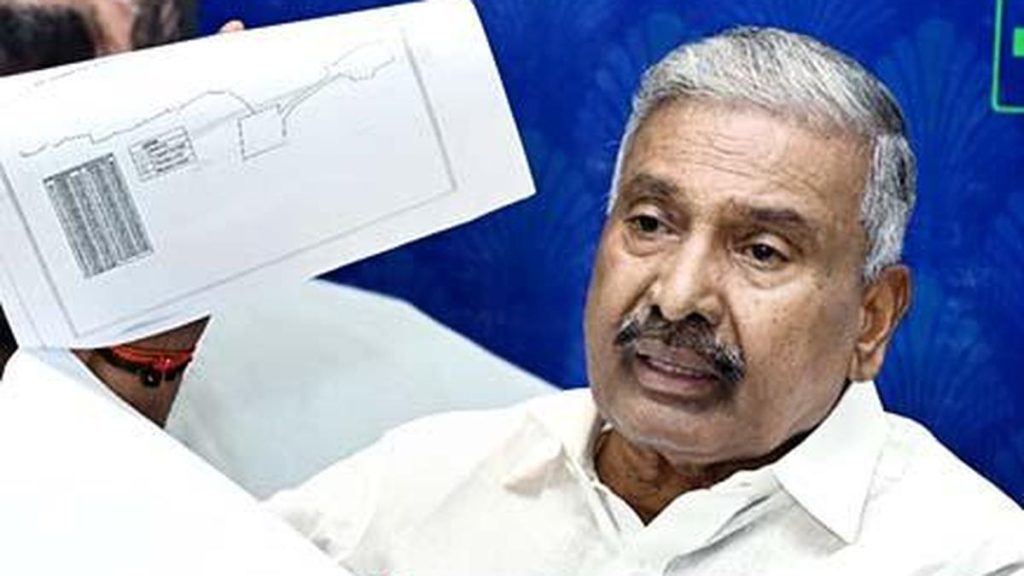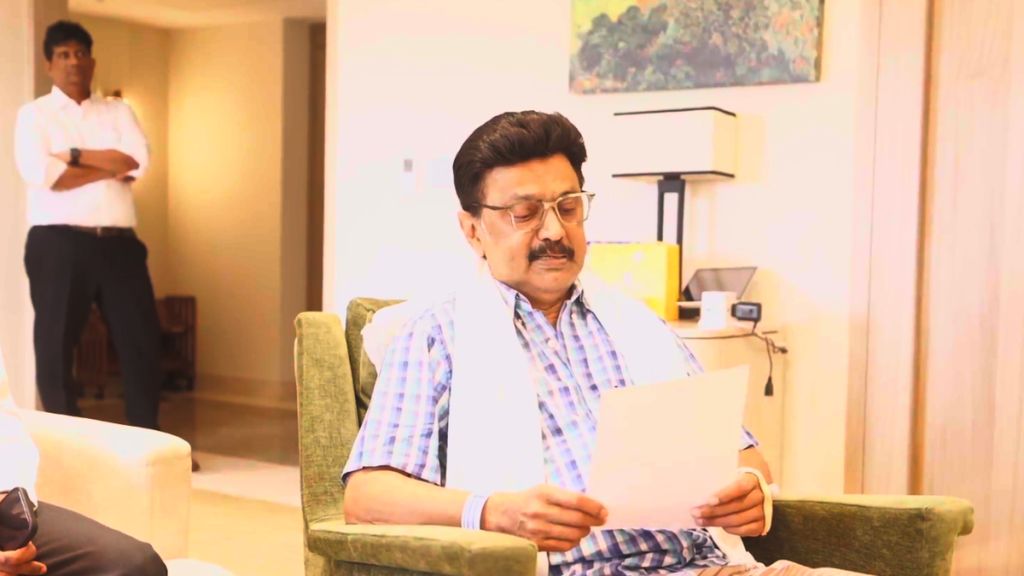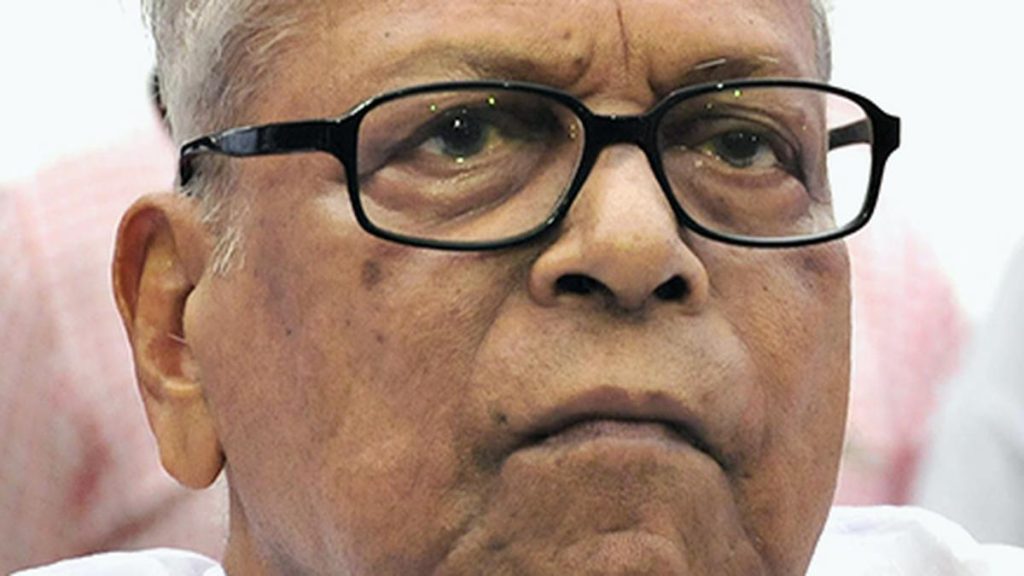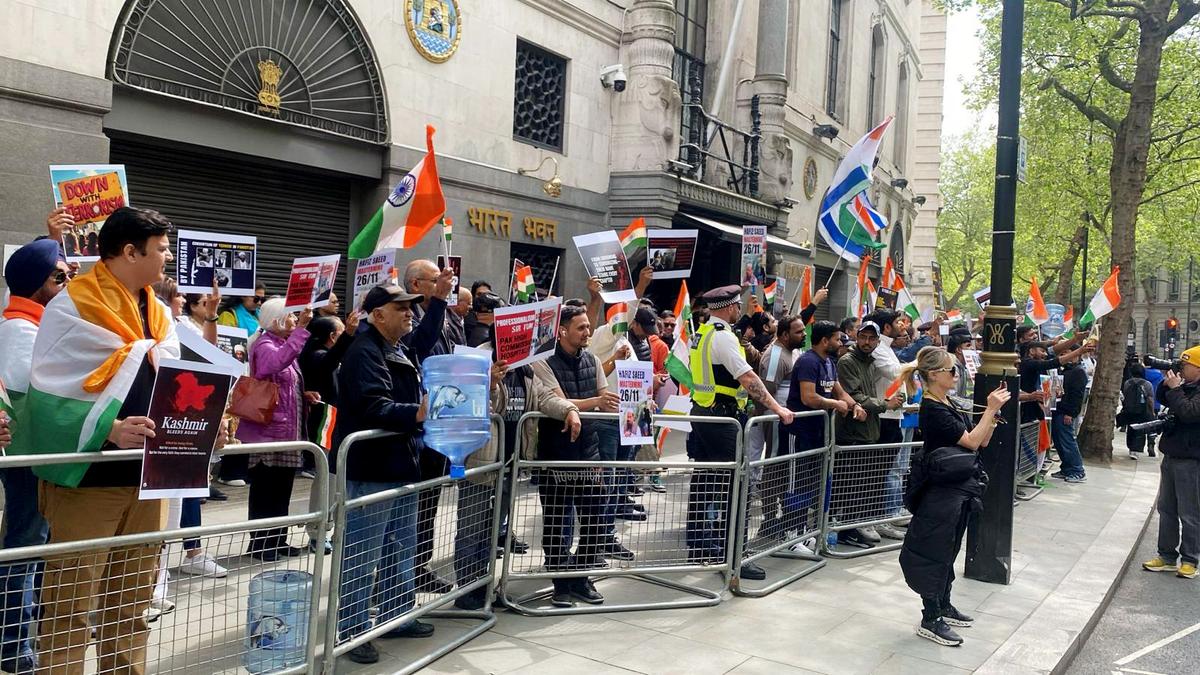Now Reading: Centre Restricts Live Media Coverage of Defence Operations
-
01
Centre Restricts Live Media Coverage of Defence Operations
Centre Restricts Live Media Coverage of Defence Operations
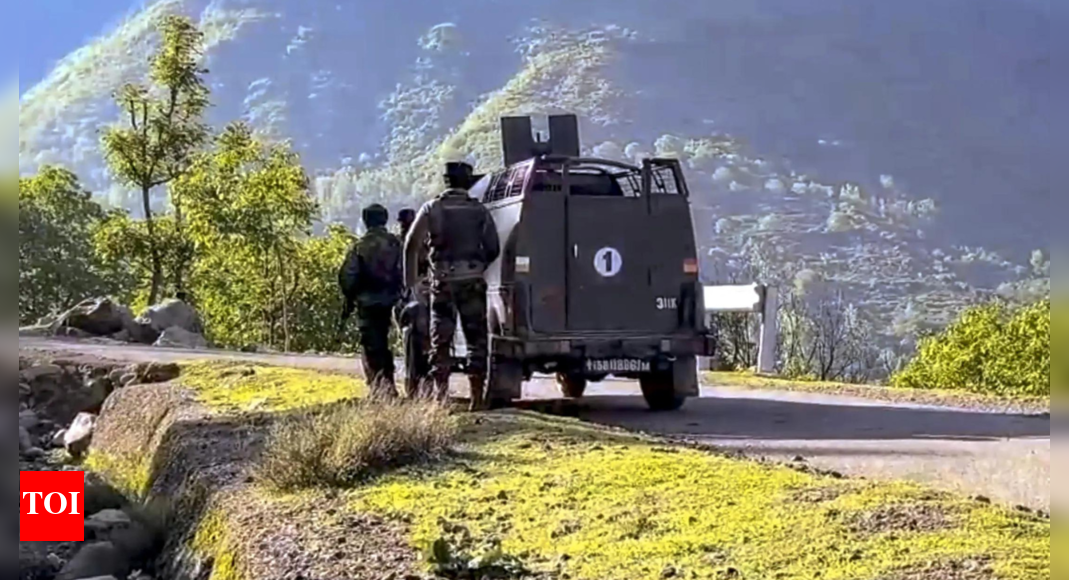
### Quick Summary
– The Indian government has issued an advisory barring live media coverage of defense operations and troop movements to safeguard national security.
– past incidents like the Kargil War, 26/11 attacks, and Kandahar hijacking highlighted how such reporting negatively impacted security responses.
– Recent concerns were reignited following the Pahalgam attack, wiht visuals and updates on social platforms potentially aiding unfriendly elements.
– The advisory warns media outlets, news agencies, and social media users against real-time coverage or premature disclosures that could compromise operational success or endanger personnel safety.
– Violations could attract legal action under existing laws like the Cable Television Networks (Regulation) Act and Disaster Management Act.- While not a blanket ban on defence reporting, the advisory stresses responsible journalism that balances public interest with operational sensitivity.

[Read More](https://timesofindia.indiatimes.com/india/centre-bars-live-media-coverage-of-defence-operations/articleshow/120655637.cms)
—
### Indian Opinion Analysis
The government’s decision to bar live reporting on defence operations reflects a cautious approach given recent incidents where unregulated information flows endangered security efforts. Media’s role in informing the public must be weighed against potential risks associated with exposing sensitive operational details during critical emergencies. This advisory underscores growing challenges within today’s fast-paced digital information ecosystem.
From a neutral standpoint, maintaining strict control over real-time reporting is essential for national security but needs careful implementation to avoid restricting press freedom unnecessarily. With clear dialog between government entities and news agencies regarding permissible practices, this move may set precedent for future safeguards while avoiding friction between freedom of expression and collective safety interests in India’s complex geopolitical landscape.


